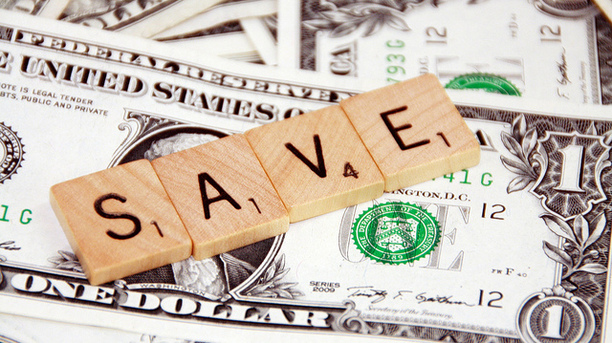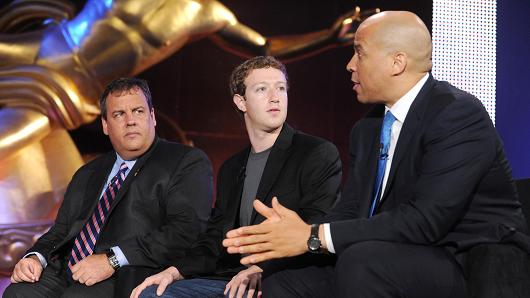Whether you are recovering from a holiday spending hangover or simply resolving to do better fiscally in the future, the clean slate of a new year is a perfect time to reassess your finances. In the process, you may discover that you are missing out on money-saving strategies. Here are a few smart strategies to get you on the road to financial freedom in 2014:
Money Saver: Track Your Spending
If you have not already established a budget to follow, make 2014 the year you start. Once you have a better picture as to how much money flows in and out of your bank account each month, you can pinpoint areas for improvement. For instance, you can minimize interest charges by limiting credit card purchases to those that you are able to pay off in full each month. If you already have credit card debt, look at your budget to devise a plan to pay it down as quickly as possible. Having a budget can keep you from making impulsive, often costly purchases that only mire you deeper in debt.
Cost Cutter: Lighten Up on Utilities
You will find about 40 plugged-in devices – such as TVs, computers and smartphone chargers – in the average U.S. home. These “energy vampires,” as they are sometimes called, account for nearly 10 percent of home energy use. Shutting down and unplugging electronics when they are not in use (especially at night before going to bed) is an easy way to slash your energy bill. You can save even more by weatherproofing your home. Seal cracks in doorways and windows so that your heating and cooling units do not have to work as hard to maintain a comfortable temperature. Installing a programmable thermostat can cut about $180 from your annual heating and cooling bill.
Money Saver: Buy Used
Whether you are purchasing a car, an appliance, sporting equipment or clothes, buying secondhand is always cheaper.
New cars in particular depreciate very quickly. In fact, a new car loses 11 percent of its value the second you drive it off the lot. The Internet makes buying good, reliable pre-owned products much easier. Sites like Craigslist.org, eBay and Amazon.com feature pre-owned merchandise. You can shop at consignment and thrift stores. And of course, there are always garage and yard sales.
Cost Cutter: Lower Your Food Bill
People who stick to a list while grocery shopping spend less money than those who don’t. Other ways to cut your food bill include brown bagging your lunch and restricting the number of times you dine out each month. If buying lunch at work costs $5, but making lunch at home costs only $2.50, then in a year, you could afford to put $500 in an emergency fund and still have money left over. If you like to eat out every weekend, try having one weekend a month that is eat-in only (from your kitchen, not carry out). Learning to make your own coffee drinks at home also will keep your wallet fatter.
Money Saver: Invest in Yourself
Depending on your tax situation, you may be able to boost your take-home pay by adjusting your tax withholding. If you do this, set up an automatic transfer so the pay difference is deposited into a savings account. If you aren’t already saving for retirement, start funding an account now. In addition, with many types of retirement plans, you can defer paying taxes on your contributions so the government takes a smaller bite out of your paycheck.
Cost Cutter: Review Your Insurance Needs
Take a look at your current auto and home policies to make sure you are getting discounts for safe driving records, home security systems and joint policies. Depending on your car’s age and value, you may be able to increase the deductible. Sites like esurance and NetQuote enable you to compare insurance rates. If you find a better deal, talk with your current insurer and ask if they will match it.
With an uncertain economy and the job market still unsteady, it is important to take steps to help to bolster your financial security. If you invest in yourself today, you will find yourself wealthier and more secure a year from now, when you are bidding farewell to 2014. (by Andrew Housser)













